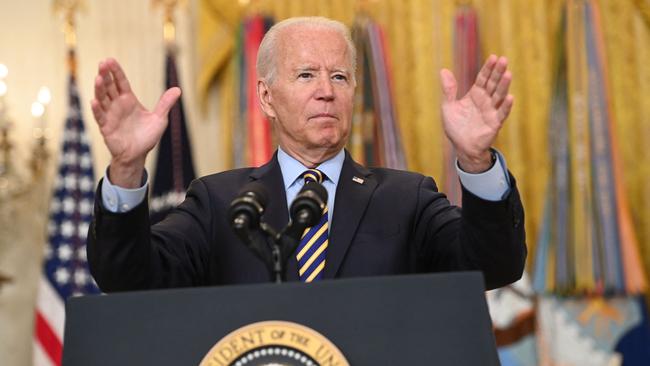
And then there was this vow: that even if all else went wrong and somehow a nation run by Islamist fanatics did again become the locus of a terror threat, the US would be able to take care of it by operating from remote military locations, hundreds if not thousands of miles away. “We are developing a counterterrorism over-the-horizon capability that will allow us to keep our eyes firmly fixed on any direct threats to the United States in the region, and act quickly and decisively if needed.”
Like almost all the president’s forecasts and promises about what would happen when the last US soldiers withdrew from Kabul after the nation’s longest war, this one is looking hollow, and may now come back to test Biden at a perilous moment for his presidency.
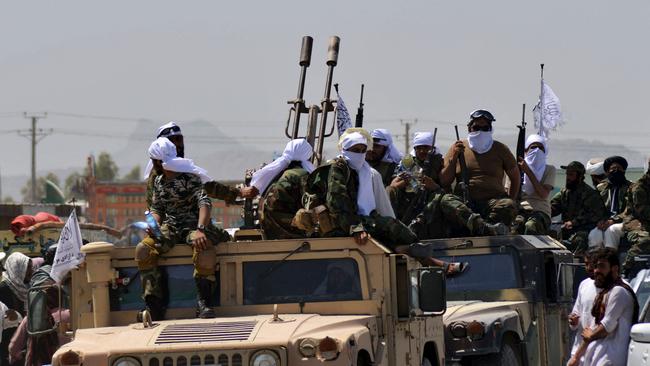
The murderous assault on Moscow concertgoers last weekend is the strongest evidence yet that the Islamist terror threat the US and its allies went into Afghanistan - and then parts of Iraq and Syria - to destroy is back with a vengeance.
Despite Vladimir Putin’s initial attempts to somehow blame Ukraine for the attack, which killed more than 140 people, even he eventually had to acknowledge that it was in fact the work of ISKP, Islamic State in Khorasan Province, the terror group that had immediately claimed responsibility. This group is the successor to Islamic State (Isis), which after its brief reign of medieval savagery in the region was put down by a combined force of Iraqi, Syrian, US, British, European, Russian and other forces in the battles of Mosul and Raqqa in 2017.
The Moscow horror presents a new challenge to the world, but nowhere more so than a divided, distracted and vulnerable US, whose attention is already consumed by wars in Europe and the Middle East.
ISKP operates largely from Afghanistan and border areas of Pakistan. Unlike al-Qaida before 9/11, ISKP is not allied with the ruling Taliban; in fact the Afghan government makes sporadic efforts to arrest and kill its fighters. But the sparse mountainous terrain, fractious tribal politics and long history of jihadist warrior training makes Afghanistan what it has long been - a magnet for terrorists and a perfect base for the planning and preparation of mass attacks around the world.
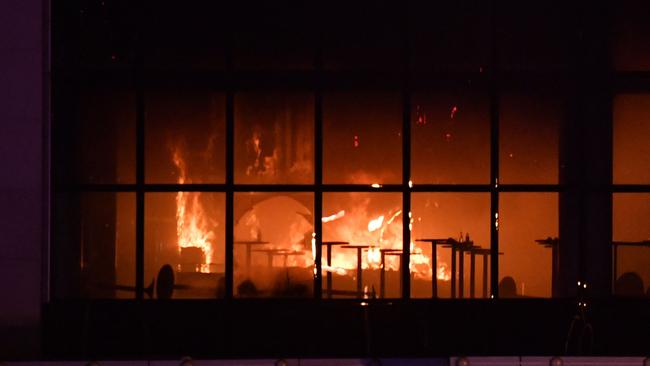
In January ISKP bombed a memorial service in neighbouring Iran, killing 100, and it has committed atrocities in Pakistan and Afghanistan itself. But the Moscow attack, carried out by fighters from central Asian republics, from where ISKP draws many of its recruits, is the most alarming sign yet of the group’s ambition and reach.
Lieutenant General Sami Sadat, who commanded the Afghan Army’s special operations division just before Kabul fell, says intelligence estimates he has seen put the number of ISKP fighters in Afghanistan at about 7,000. While this is much smaller than the strength of Isis at its peak, ISKP is being left largely alone, facing no serious military challenge. Sadat is in no doubt that the group has the capacity to inflict mass terror - and farther afield than Moscow. “I believe that ISKP will unleash a lot of attacks this summer, particularly in Iran and Afghanistan, and they will try to hit Europe and the United States,” he told me this week.
Indications from US intelligence suggest they share this assessment. While the risk of another event on the scale of 9/11 is low, the evidence from Moscow is that a few lightly armed militants can still murder in large numbers. Biden’s claim in 2021 that the US would be able to prevent attacks with an “over-the-horizon” capacity to strike at terror bases in Afghanistan seems highly tenuous.
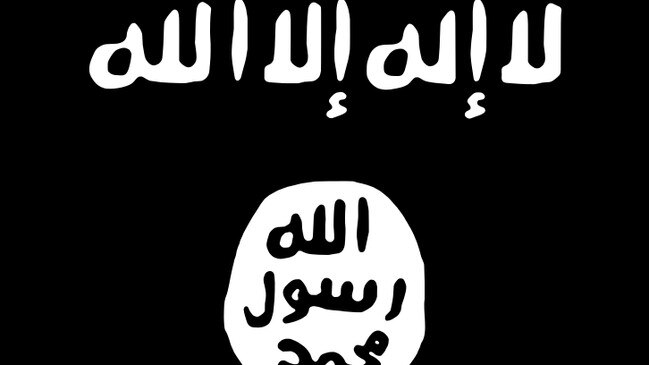
“’Over the horizon’ was a hypothesis that became a program ... and it didn’t work,” says Sadat. “If you’re going after an organised, systematic terrorist group, you need people on the ground. You need a friendly government and that is not possible with the Taliban.”
The main fear, of course, is the threat to innocent lives, but the political peril for Biden, already facing an uphill struggle in his re-election campaign, is incalculable. Should a big terror attack occur inside the US, it would crystallise the president’s greatest political vulnerabilities - seeming weakness in the face of global threats and the loss of control of security at America’s southern border, with illegal immigrants, including suspected terrorists, streaming in massive numbers into the US.
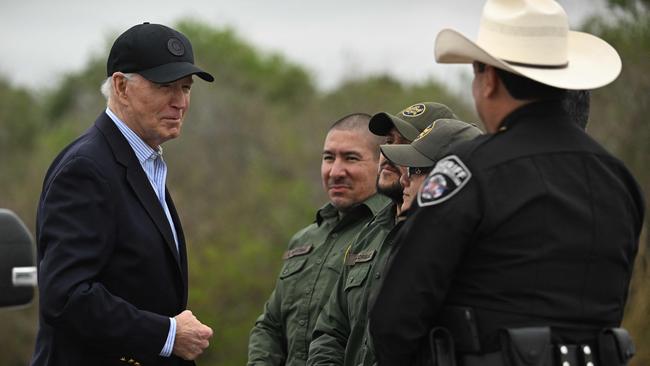
In the year to last September, US border patrol agents arrested 169 people whose names appeared on the official US terrorist watch list. In the three years from 2017-19 when Donald Trump was president that number was 11. And these of course are only the people officials know about. In among an estimated seven million or more illegal crossings in the past three years it’s not hard to imagine a large number of terrorists.
It was the pell-mell withdrawal from Afghanistan just months into Biden’s presidency that began the steep slide in his popularity. If the warnings he was given at the time by senior military and security officials of the dangers of that withdrawal are borne out, he will pay the highest political price.
The Times




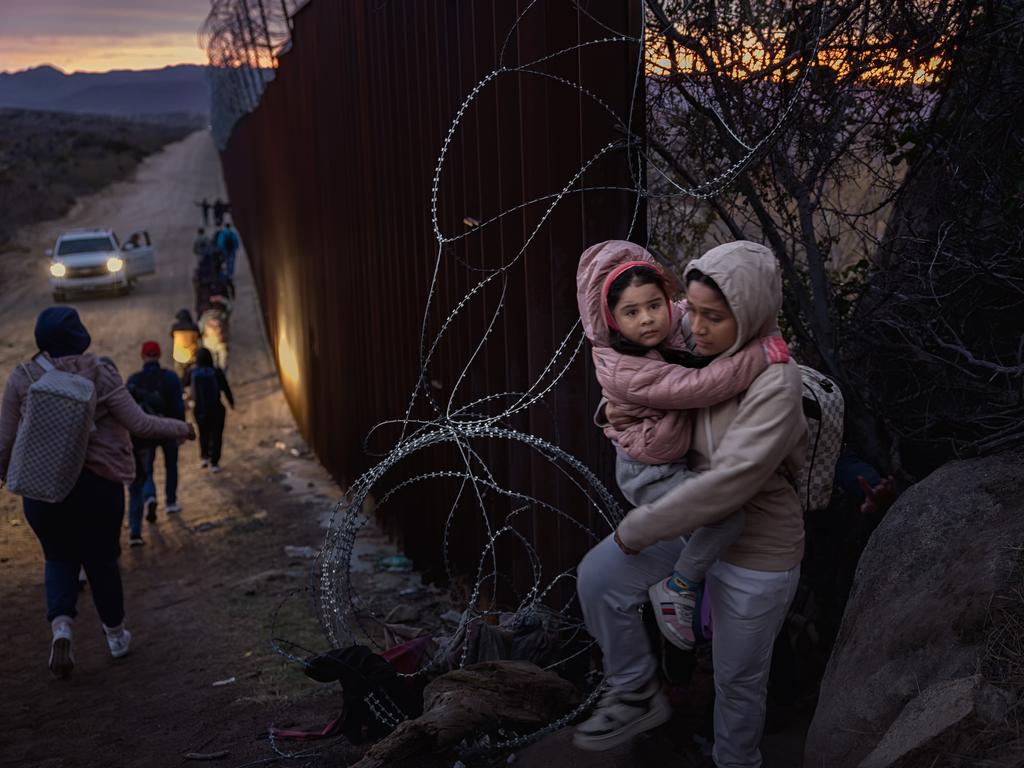



As US forces were preparing to quit Afghanistan in the summer of 2021, in what turned into a chaotic and humiliating retreat before the conquering Taliban, President Biden made a number of assertions. It was “highly unlikely” the Taliban would be “overrunning everything and owning the whole country”, he said, just weeks before they overran everything and took ownership of the country. The US had achieved its objective of ensuring that “terrorism is not emanating from that part of the world”, he claimed, even as it was abandoning the country to the group that had harboured the perpetrators of 9/11.